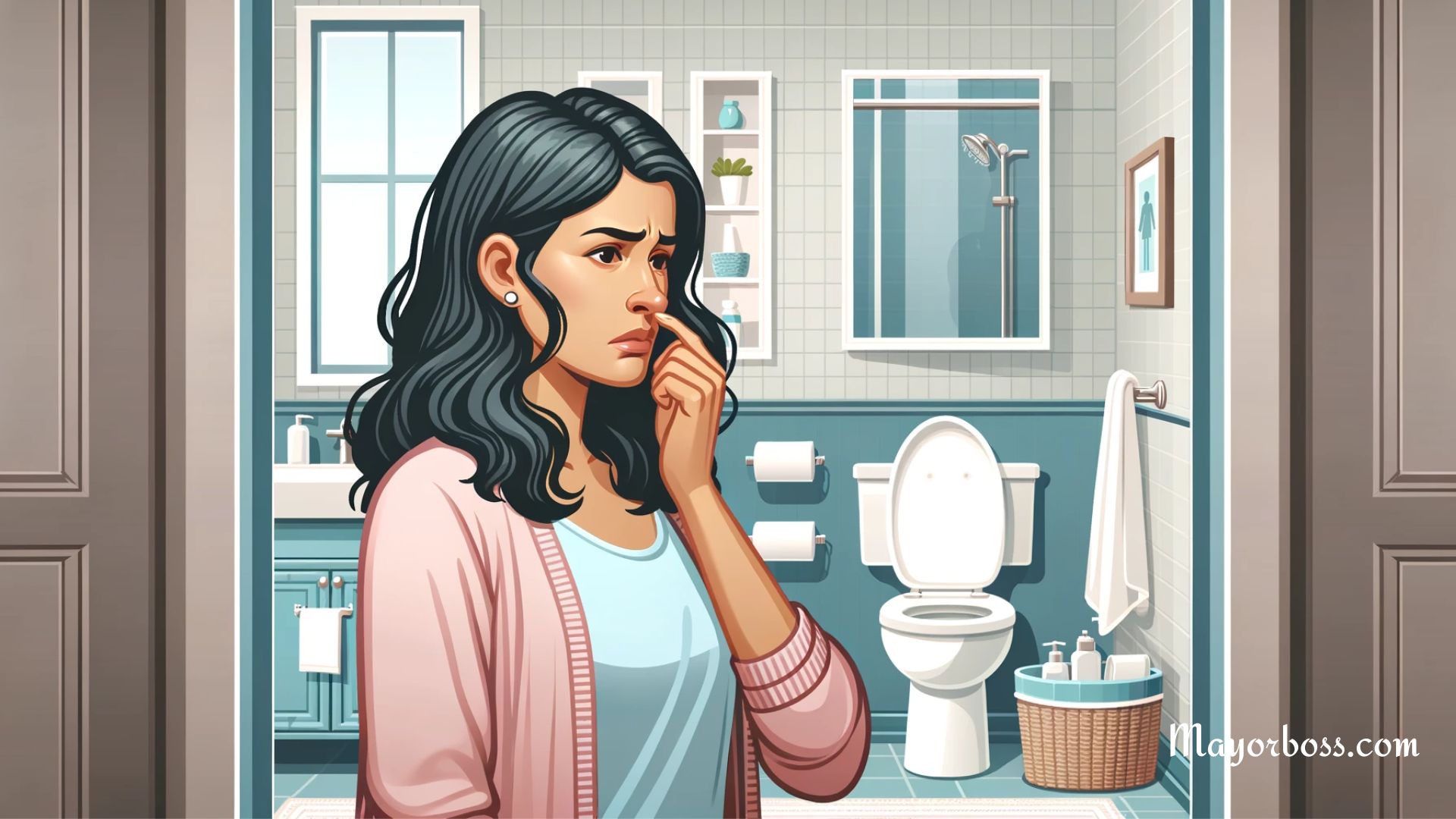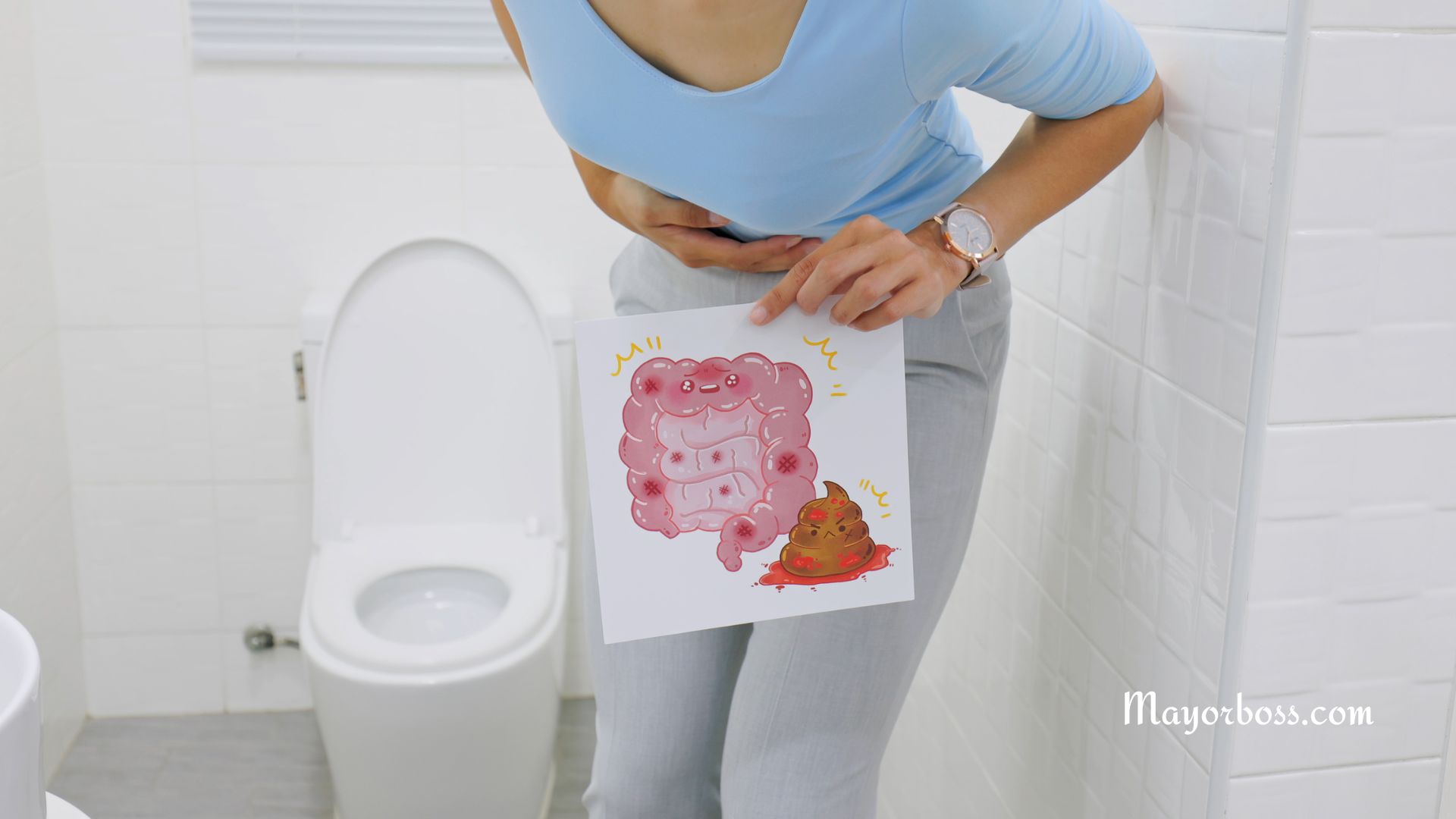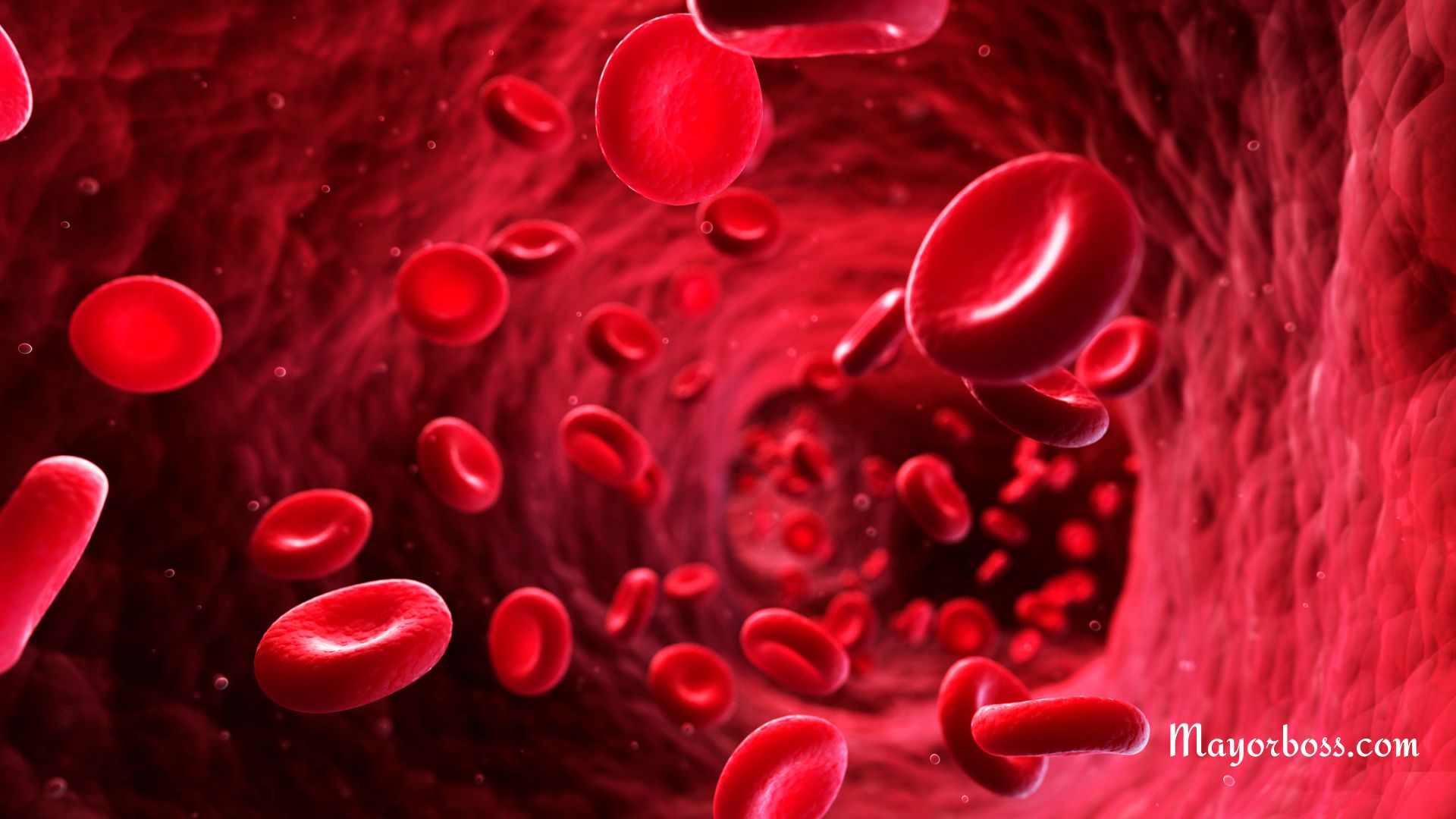12 Signs of Childhood Trauma That Affect Adults Today
Childhood trauma can leave lasting scars. And the truth is these scars often follow us into adulthood. If you experienced trauma as a child, you might not even realize how it’s impacting you now. But don’t worry, you’re not alone. Many people face similar challenges. So, let’s break it down and talk about the signs of childhood trauma that can affect adults today.

1. Struggling with Trust
You may find it hard to trust others. This isn’t just about romantic relationships—though they can certainly be affected. You might also struggle to trust friends, coworkers, or even family members. Trust issues stem from betrayal or abandonment in childhood, making it hard to believe that others will be there for you.
2. Battling Anxiety and Depression
If you often feel anxious or depressed, childhood trauma could be a factor. Trauma can disrupt your brain’s chemistry, making you more susceptible to mental health issues. It’s not your fault, but it’s something to be aware of. And the good news? There are treatments available that can help.
3. Difficulty Regulating Emotions
Do you find your emotions swinging from one extreme to another? Trauma can mess with your ability to manage your feelings. This can make everyday situations feel overwhelming. But recognizing this can be the first step toward finding better ways to cope.
4. Problems with Self-Esteem
Many adults who experienced trauma as children struggle with low self-esteem. You might constantly doubt yourself or feel unworthy of love and success. This can be traced back to the negative messages you received during your formative years.
5. Relationship Issues
Relationships are hard work, but they can be even harder if you have unresolved trauma. You might find it difficult to form healthy connections or keep sabotaging your relationships without understanding why. This is often because past trauma has taught you to expect the worst from others.
6. Hypervigilance
Are you always on high alert, looking for potential threats? This state of constant vigilance is a common response to trauma. Your brain learns to stay on guard to protect you, but this can lead to chronic stress and exhaustion in adulthood.
7. Avoidance Behaviors
You might avoid certain places, people, or situations that remind you of past trauma. This can limit your life in significant ways. Avoidance might seem like a way to protect yourself, but it can also prevent you from fully engaging with the world around you.
8. Physical Health Problems
Trauma doesn’t just affect your mind; it can take a toll on your body, too. Chronic pain, fatigue, and even conditions like heart disease can be linked to childhood trauma. Stress and trauma can weaken your immune system, making you more vulnerable to illness.
9. Perfectionism
Do you feel the need to be perfect all the time? This could be a sign of childhood trauma. You might have learned that you had to be perfect to gain approval or avoid criticism. This can lead to unrealistic standards and constant self-criticism.
10. Addictive Behaviors
Trauma can lead to addiction as a way to cope with overwhelming emotions. Whether it’s substance abuse, gambling, or even workaholism, these behaviors can be a sign that you’re trying to numb the pain of past experiences.
11. Feeling Detached
Do you sometimes feel disconnected from your own life, like you’re just going through the motions? This feeling of detachment, or dissociation, is a common response to trauma. It’s your brain’s way of protecting you from pain, but it can also prevent you from fully experiencing life.
12. Difficulty with Boundaries
You might struggle to set healthy boundaries with others. This can mean saying “yes” when you want to say “no” or letting people take advantage of you. Boundary issues often stem from not having your own boundaries respected as a child.
Frequently Asked Questions
How can I start healing from childhood trauma?
Healing from childhood trauma often involves therapy, such as cognitive-behavioral therapy (CBT) or eye movement desensitization and reprocessing (EMDR). Talking to a mental health professional can help you process your experiences and develop healthier coping strategies.
Is it normal to have physical symptoms from emotional trauma?
Yes, it’s common for emotional trauma to manifest as physical symptoms. Chronic pain, fatigue, and other health issues can be related to trauma. It’s important to address both your physical and emotional health when seeking treatment.
Can childhood trauma affect my parenting?
Childhood trauma can impact your parenting, often leading to overprotectiveness or difficulty setting boundaries. Being aware of this can help you seek support and develop healthier parenting strategies.






